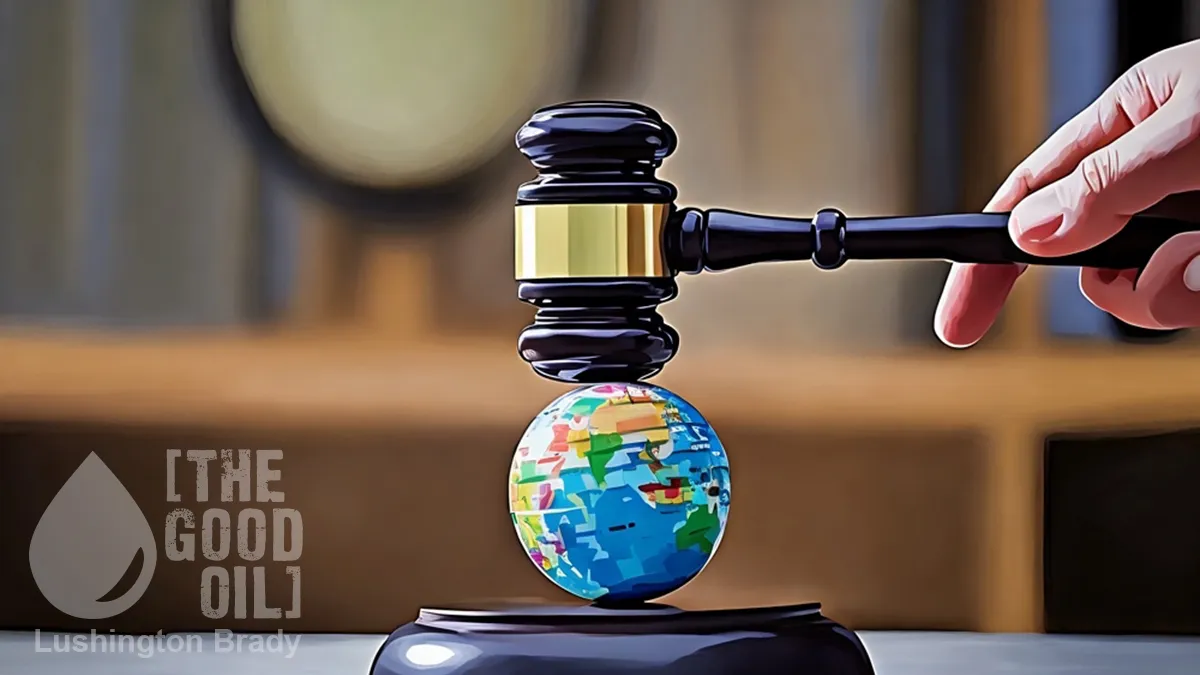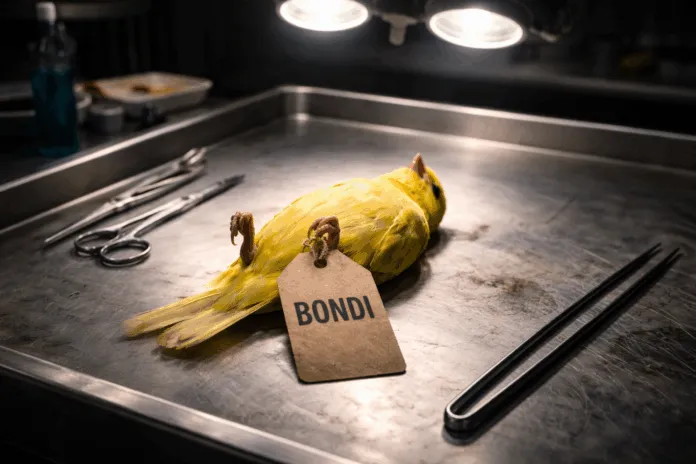Table of Contents
Michael Cook
mercatornet.com
Michael Cook is the editor of MercatorNet
A new chapter in the Reproductive Revolution! A polyamorous “throuple” in British Columbia has succeeded in a legal battle to have all of their names recorded on their baby’s birth certificate.
Bill, Eliza and Olivia have lived as a “triad” since 2017. The baby, Clarke, was conceived through sexual intercourse between Bill and Eliza. But Olivia induced lactation so that she could care for Clarke; she was even the first to feed him after his birth. Since then, the three partners and their child have lived an active family life.
In her judgement, Justice Sandra Wilkinson said that there was a gap in BC’s Family Law Act for these “three loving, caring, and extremely capable individuals” and their son. And, as a matter of fact, the law does appear to be inconsistent. Children conceived through sexual intercourse may only have one or two parents on the birth certificate; children conceived through assisted reproduction can have “one or more” parents.
“The evidence indicates that the legislature did not foresee the possibility a child might be conceived through sexual intercourse and have more than two parents,” says Justice Wilkinson. “Put bluntly, the legislature did not contemplate polyamorous families.”
Yes, that rings true. In fact, not at any time in the last 2000 or 3000 years has the Western legal system contemplated polyamorous families.
However, Jason Proctor, of CBC News, commented that this is just the latest ruling in Canadian courts to permit various configurations of three legal parents. Three millennia of tradition are going out the window.
Olivia’s lawyer, Catherine Wong, was “elated” by the ruling. “It’s a sign we’re seeing that the law is actually catching up to the reality of polyamorous families or multi-parent families in British Columbia,” Wong said. “In that sense, it’s a very important case because it recognizes the diversity of families in BC and that the law was not working for all families until now.”
For years in British Columbia, that diversity has included polygamy. The small and aptly-named town of Bountiful is home to two polygamist Mormon fundamentalist groups, although polygamy is technically illegal. A couple of the patriarchs have been found guilty of this crime, but the BC government has generally declined to interfere with polygamous families.
Although legal parentage was the issue in the polyamorous relationship of Bill, Eliza and Olivia, is it possible that polyamory and polygamy will eventually receive legal recognition? Polyamory (though it often features in New York Times lifestyle features) seems libidinous and polygamy seems patriarchal. Neither has the strength of the lobby group which supported same-sex marriage.
But polyamory does seem to be becoming A Thing. A long article in The New Yorker last month featured a number of multiple-partner relationships and legal experts across the border in the United States: “How Polyamorists and Polygamists Are Challenging Family Norms”. Its sub-title was “From opposite sides of the culture, parallel campaigns for legal recognition may soon make multiple-partner marriages as unremarkable as same-sex marriages”.
In a way, this is old news. The Chief Justice of the US Supreme Court, John Roberts, warned in his dissent in Obergefell v Hodges in 2015 that polyamory was a logical consequence of the legalisation of same-sex marriage:
If “there is dignity in the bond between two men or two women who seek to marry and in their autonomy to make such profound choices,” [he is quoting the majority judgement] why would there be any less dignity in the bond between three people who, in exercising their autonomy, seek to make the profound choice to marry? If a same-sex couple has the constitutional right to marry because their children would otherwise “suffer the stigma of knowing their families are somehow lesser,” ante, why wouldn’t the same reasoning apply to a family of three or more persons raising children?
Such thoughts are not confined to the white, male, Christian, heteronormative mind of Justice Roberts.
Joseph J. Fischel, an associate professor of women’s, gender, and sexuality studies at Yale University, said in a highly praised 2016 book: “We, as an LGBT movement, should be ethically committed to endorsing poly relations and other experiments in intimacy.” As one of the people interviewed in the article put it: “When you light a candle with another candle, your first candle is not less on fire.”
Some theorists believe that polyamory is an orientation, not a choice. But as The New Yorker’s journalist comments: “even if, for the sake of argument, we say that being poly is a choice, is that a reason to say that it warrants no protections? Surely, when we defend the rights of Jews or Muslims, we don’t imply that they can’t help being that way; rather, we confer dignity on a chosen way of life.”
Canada regularly pops up on internet listicles of the world’s most boring countries. But if the plural of spouse is spice, that is a canard which British Columbia has definitively refuted.
Perhaps BC’s experience is a useful red flag for other countries. Justice Wilkinson’s decision makes it clear that the reasoning which has led countries in the Western world to legalise same-sex marriage will eventually lead to pressure to equate other romantic configurations to traditional marriage. Will this lead to huge numbers of polygamous or polyamorous unions? Probably not. What it will do is convince young couples that traditional man-woman-kids-‘til-death-do-us-part kind of marriage is a pointless joke.
Please share this article so that others can discover The BFD.









